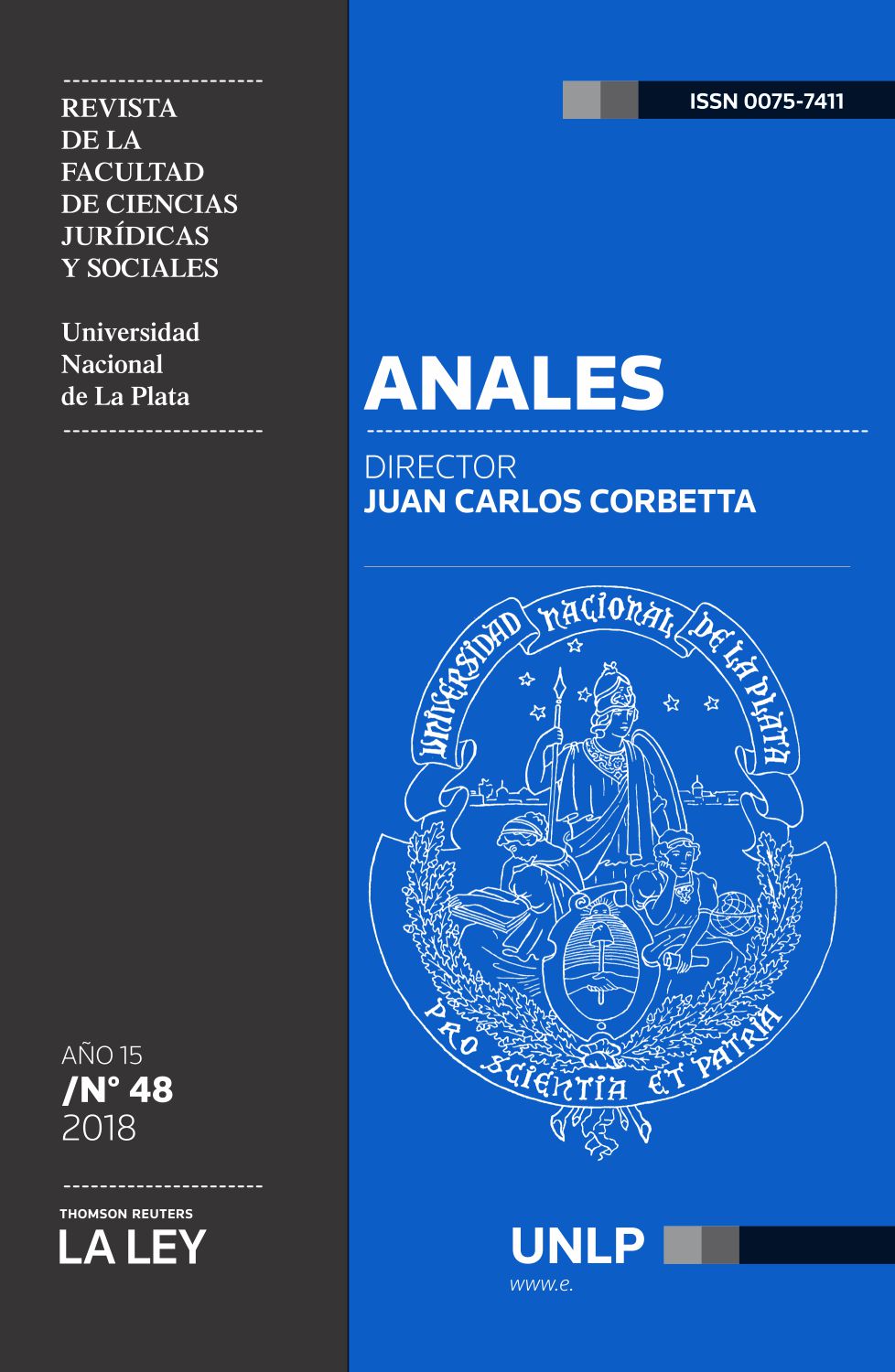On the memory-oblivion dialectic: the Alfonsin’s administration and the "theory of the two demons"
Keywords:
memory, oblivion, memory-oblivion dialectic, Theory of the Two DemonsAbstract
As a product of a social construct, every collective memory is inscribed in conflicts that do not oppose memory to oblivion, instead, they face rival memories. But while every conflict among memories refers to what and how to remember, it can be said that every politics of memory constitutes in turn to a politics of oblivion. As a consequence, we suggest the existence of a memory-oblivion dialectic. The ‘theory of the two demons’, group of representations related to the past upheld during Raúl Alfonsín’s presidency, incurs in a series of oblivion. The most serious of them is the one that attributes a causal responsibility when exerting the revolutionary armed organizations that operated in the 60s and 70s on the military coup outbreak of March 1976. When actually the own practices in counterinsurgency of the terrorist state had already started before the emergence of those organizations.
Downloads
Downloads
Published
How to Cite
Issue
Section
License
Esta licencia no permite la generación de obras derivadas ni hacer un uso comercial de la obra original, es decir, sólo son posibles los usos y finalidades que no tengan carácter comercial.






























